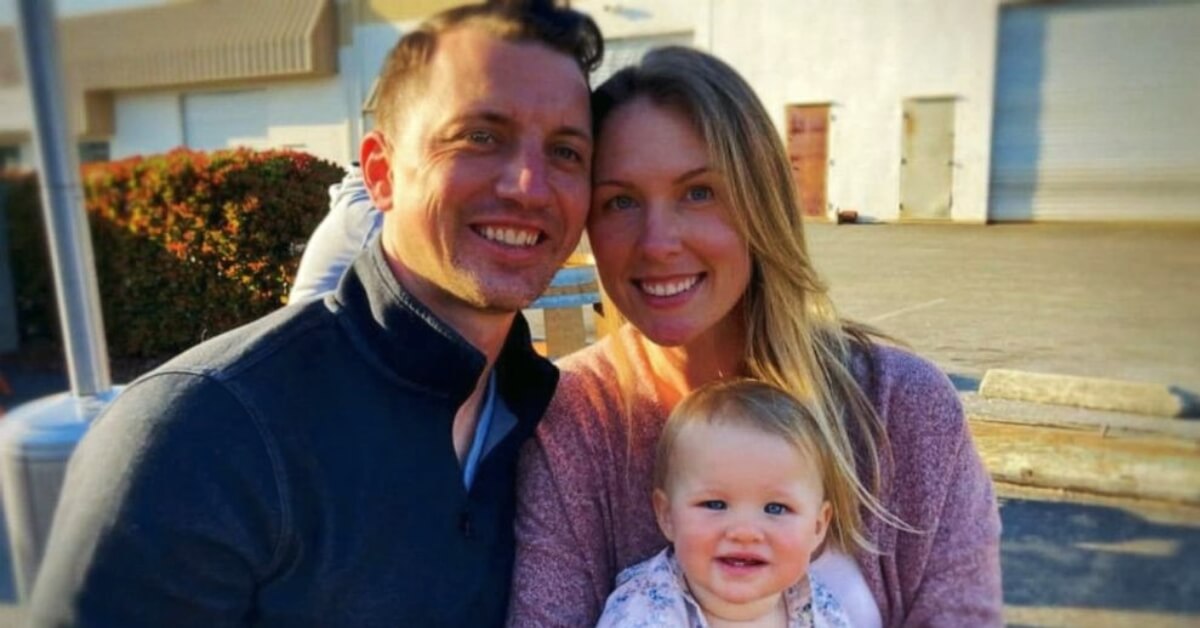“Cool Girls are, above all, hot…. Hot and understanding. Cool Girls never get angry; they only smile in a chagrined, loving manner and let their men do whatever they want. Go ahead, shit on me, I don’t mind, I’m the Cool Girl.”
The ‘cool girl monologue’ from Gone Girl called out every woman in the world who thought it was her responsibility to keep her man faithful.
Geeking on Gillian Flynn, the woman singlehandedly revealed the gospel truth of females trapped in the vicious cycle of pretending to be someone else so that their better half remains content. But in the end…does it even matter?
The premise of ‘Gone Girl’ is that a wife stages her death to frame it on her husband, who has been cheating on her with a much younger woman. The wife then disappears for a few days only to resurface and weave an outrageous tale of her ‘alleged’ kidnapping. In twisting events of life imitating art, we have an unfathomable story.
In a world where truth often rivals the twists of a Hollywood thriller, the case of Denise Huskins and Aaron Quinn emerges as a chilling testament to this reality. But the truth is far from what meets the eye and ruins the lives of victims by declaring them as suspects.
Denise Huskins was reportedly kidnapped in 2015 in a case of home intrusion. She was mysteriously found in her hometown a couple of days later. With preliminary investigation, the police believed that the couple staged the kidnapping due to their outlandish claims.
Quinn’s message logs suggested he was thinking of getting back with his ex. The truth is Denise Huskins was kidnapped by Matthew Muller in Vallejo, California. Muller pleaded guilty to kidnapping for ransom and was sentenced to 40 years in prison. Right now, Denise Huskins and Aaron Quinn are indeed still married, a testament to their resilience through an unimaginable ordeal.
Denise Huskins: A Tale of Kidnapping and Doubt
Imagine waking up to find your world turned upside down – a nightmare that Denise Huskins and her boyfriend, Aaron Quinn, lived through in 2015. Their story begins on a seemingly ordinary night in Vallejo, California, but quickly descends into a harrowing ordeal involving kidnapping, ransom, and a battle against public perception.
In March 2015, Denise was abducted from the home she shared with Aaron. Despite Aaron’s frantic efforts, including a $15,000 ransom demand, their plight was met with skepticism. The media frenzy that followed painted a picture of deception, dubbing Denise a “real-life Gone Girl,” implying the couple fabricated the entire scenario for attention.
This skepticism was fueled by a complex backdrop. Aaron, a physiotherapist, was entangled in a tense dynamic involving his ex-fiancée and his undeniable commitment to Denise.
The Vallejo Police Department’s interrogation of Aaron, which lasted over 18 hours, was relentless. They probed his past, his relationship with Denise, and even his interactions with his ex, casting aspersions on his character.
A Love Tested by the Unthinkable: Denise And Aaron Were The Victims
However, the tide turned with a shocking twist: the capture of Matthew Muller, the real perpetrator. His arrest shed light on the horrifying truth behind Denise’s disappearance, challenging the initial narrative and vindicating the couple.
Their ordeal didn’t just end with Muller’s capture; it sparked a broader conversation about the rush to judgment and the role of media in shaping public opinion.
In the aftermath, Denise and Aaron stood united, not just as victims but as survivors. Their story, one of love, endurance, and the quest for truth culminated in their marriage in 2018. They’ve since embraced their journey, sharing it in their book “Victim F: From Crime Victims to Suspects to Survivors,” and through public appearances.
As their story continues to inspire and intrigue, one can’t help but ponder: How does the media’s rush to judgment impact real lives? How do Denise and Aaron’s experiences shape our understanding of truth in an era of instant judgment?
In answering these, perhaps we find not just the story of Denise Huskins and Aaron Quinn but a reflection of our societal inclinations – a mirror showing us the complexity of truth in our modern world.
Share your take in the comments section below.

